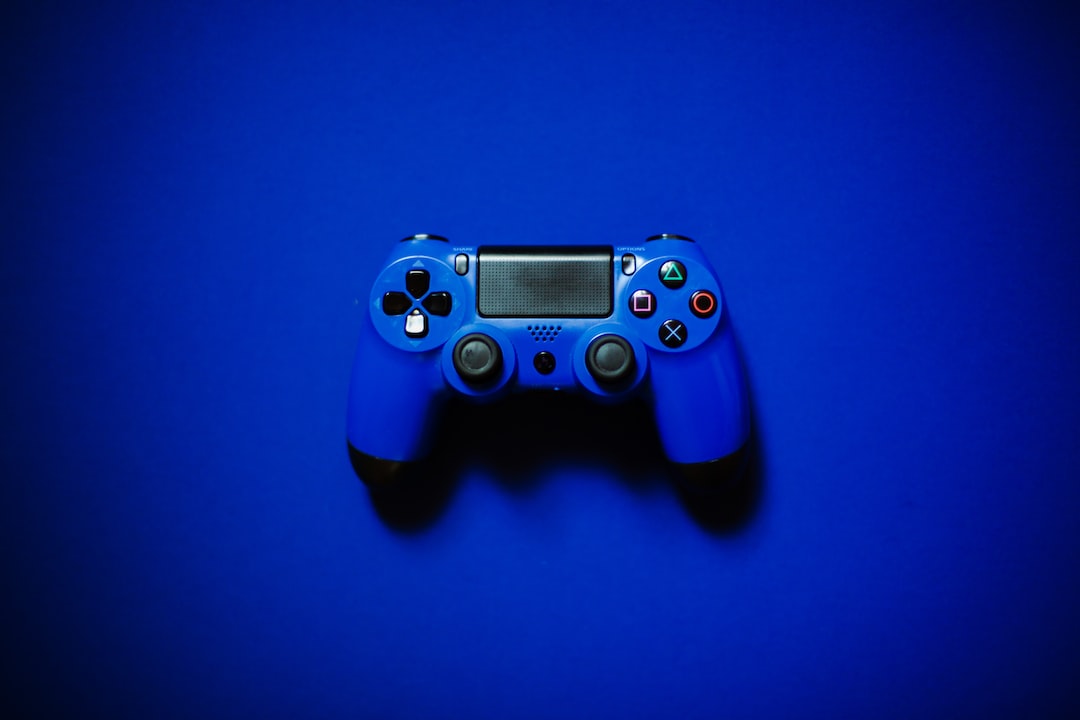Mental health therapy has been a crucial field of study in recent years. Many people around the world struggle with different types of mental health issues, ranging from anxiety, depression, and stress to more complex disorders such as bipolar disorder, schizophrenia, and borderline personality disorder. Treatment for these conditions varies, but one approach that has gained recognition in recent years is the use of games in mental health therapy.
The use of games in therapy goes beyond just fun and entertainment. It has been shown to have therapeutic benefits for individuals struggling with mental health problems. The integration of games in the field of therapy is a relatively recent development, but it has already proven to be highly promising.
Gaming therapy involves the use of games to help individuals work through their problems. These games can range from simple board games to more complex virtual reality games. The objective is to offer a relaxed atmosphere that encourages openness and communication. The concept behind therapy games is that individuals can better communicate their thoughts and feelings through a game than conventional counseling sessions.
Gaming therapy works on several principles. First, it provides a safe and nurturing environment for individuals to work through their issues. Games allow individuals to work through their problems without feeling pressure or judgment. Second, games help people develop important skills such as problem-solving, critical thinking, and decision-making. Third, games can help individuals build self-esteem, increase motivation, and improve social interaction.
The benefits of gaming therapy are manifold. It can help individuals to work through their struggles, learn coping mechanisms, and develop interpersonal skills. Gaming therapy can be particularly useful for individuals who struggle to open up in traditional counseling sessions. Games offer an alternative way of communicating, which allows individuals to express themselves freely. The role of games in mental health therapy is vital as it provides a unique way to work through problems and build important skills.
One of the primary benefits of gaming therapy is the development of problem-solving skills. Many mental health disorders can lead to negative and distorted thinking patterns. Gaming therapy can help individuals to challenge their negative thinking patterns and become better problem-solvers. Games provide a practical context to develop this skill. Providing a solution to a problem in the game can translate to providing a solution in real life.
Another benefit of gaming therapy is the development of decision-making skills. Many individuals struggle with making decisions due to fear of making the wrong choice or a lack of self-confidence. In a game, individuals are free to make decisions without the fear of negative consequences. This provides individuals with an opportunity to develop decision-making skills, which can translate to better decision-making in real life.
Gaming therapy can also be useful in building self-esteem and increasing motivation. Many individuals who struggle with mental health issues have low self-esteem and a lack of motivation. Games can be an effective tool for building self-esteem and motivation because they provide a sense of accomplishment and achievement. This can help individuals to feel better about themselves and boost their motivation levels.
Finally, gaming therapy can be useful in improving social interaction. Many individuals with mental health issues struggle with social interaction and have difficulty forming relationships. Games can provide a platform that encourages social interaction, making it easier for individuals to form social connections. The game environment provides a non-judgmental space where individuals can feel comfortable interacting with others.
There are different types of games used in gaming therapy, and each plays a specific role in the therapeutic process. Board games are often used as an icebreaker during the first few therapy sessions. Board games are easy to understand, and they encourage interaction, making them an ideal tool for building rapport.
Serious games are a type of game that is specifically designed to convey a message or teach a lesson. Serious games are often used in gaming therapy to help individuals develop specific skills or overcome specific issues. For example, serious games can be used to teach individuals how to manage stress or anxiety or to develop social skills.
Virtual reality games are another type of game used in gaming therapy. Virtual reality games offer a unique perspective that is not possible in the physical world. Virtual reality games are often used to treat phobias, such as fear of flying or fear of heights. Individuals can be placed in a simulated environment that replicates the real-life situation that causes the phobia and work through the phobia.
In conclusion, the role of games in mental health therapy cannot be overstated. Games offer a unique approach that can help individuals work through their problems in a safe and nurturing environment. Games can help individuals develop problem-solving skills, decision-making skills, build self-esteem, increase motivation, and improve social interaction. The use of games in therapy is still a new and growing field, but it has already shown great promise, proving to be an effective and innovative approach to mental health therapy.

